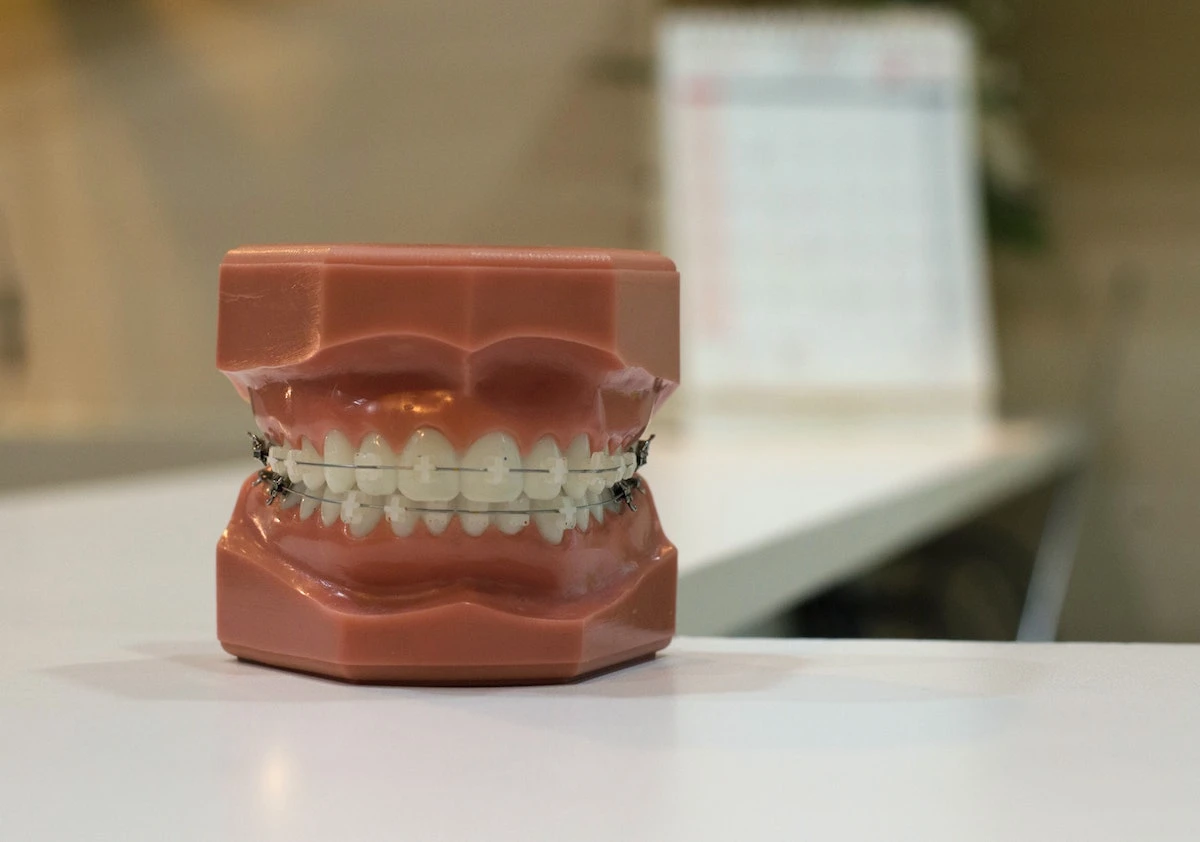The Lively Blog
SIGN UP FOR OUR
Newsletter
Stay up to date on the latest news delivered straight to your inbox
Common Health Care Expenses: The Cost of Braces
Carla Fried · April 30, 2020 · 3 min read

Dental braces are a bit like a home renovation project, but for your teeth. For some, it addresses a structural issue, such as misaligned jaws or teeth. For others, it’s a cosmetic touch-up to make your smile shine even brighter. And it’s not just for teenagers, according to the American Association of Orthodontists, one in three clients these days is over the age of 18.
Straight teeth and aligned jaws come at a price. The cost of braces varies according to the type of braces you opt for, and the time needed to bring your teeth in line. The all-in cost, which typically can be spread out over the course of a multi-year treatment might run from $3,000 to as much as $10,000.
Orthodontia is a serious financial commitment. Many health insurance plans don’t include dental coverage, or require a separate dental policy that may or may not include orthodontia. Even if you have dental insurance that covers orthodontia, it typically will only cover 50% or so your bill, with a lifetime maximum braces benefit that might be just $1,500 or so.
The HSA solution to paying for braces
If you have a high deductible health insurance plan (HDHP) you may be able to reduce your total out-of-pocket braces cost by 20% to 30%, or more.
With most HDHPs you become eligible to contribute to a health savings account (HSA). The money you contribute to an HSA is tax-deductible. Every dollar you contribute reduces your taxable income for that year. For instance, if your income is $70,000 and you contribute $5,000 to your HSA, your taxable income for the year drops to $65,000. (Learn more about annual HSA contribution limits)
Money in your HSA can then be used tax-free to pay for your braces. Orthodontia is considered a “qualified medical expense” that allows you to withdraw money from your HSA without owing federal or state income tax.
By being able to use tax-free dollars that you also received a tax deduction on, you are effectively reducing the cost of paying for braces. For instance, if you happen to be in the 22% federal income tax bracket, using HSA dollars to pay for braces is essentially like saving 22% on the cost. In higher tax brackets, the tax break will be worth even more.
Another benefit of using an HSA to pay for braces is that you can save over time to cover the cost. Money you contribute to an HSA in a given year does not need to be used immediately. You can save it for future expenses in any year. If you anticipate a young child needing braces in a few years, you can start setting aside money in your HSA today with the intent that you will be able to use those tax-free dollars to help pay for the treatment when they are older.

Benefits
2025 and 2026 HSA Maximum Contribution Limits
Lively · May 9, 2024 · 3 min read
On May 9, 2024 the Internal Revenue Service announced the HSA contribution limits for 2025. For 2025 HSA-eligible account holders are allowed to contribute: $4,300 for individual coverage and $8,500 for family coverage. If you are 55 years or older, you’re still eligible to contribute an extra $1,000 catch-up contribution.

Benefits
What is the Difference Between a Flexible Spending Account and a Health Savings Account?
Lauren Hargrave · February 9, 2024 · 12 min read
A Health Savings Account (HSA) and Healthcare Flexible Spending Account (FSA) provide up to 30% savings on out-of-pocket healthcare expenses. That’s good news. Except you can’t contribute to an HSA and Healthcare FSA at the same time. So what if your employer offers both benefits? How do you choose which account type is best for you? Let’s explore the advantages of each to help you decide which wins in HSA vs FSA.

Health Savings Accounts
Ways Health Savings Account Matching Benefits Employers
Lauren Hargrave · October 13, 2023 · 7 min read
Employers need employees to adopt and engage with their benefits and one way to encourage employees to adopt and contribute to (i.e. engage with) an HSA, is for employers to match employees’ contributions.
SIGN UP FOR OUR
Newsletter
Stay up to date on the latest news delivered straight to your inbox
